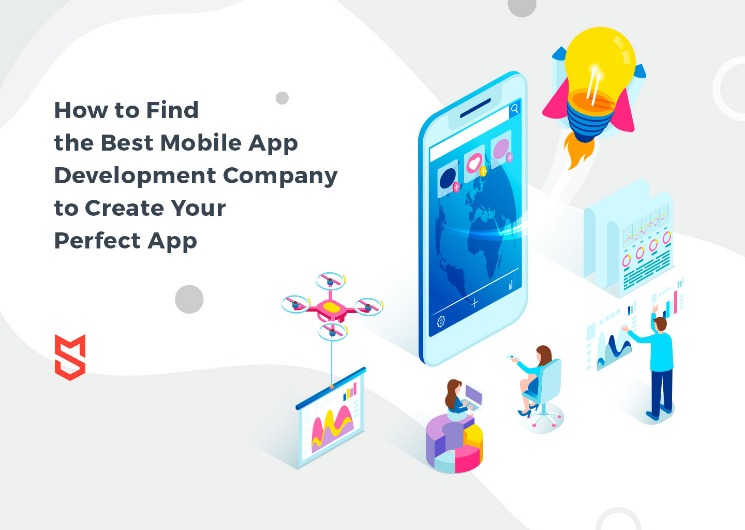In the dynamic world of technology, Mobile App Development stands as a pivotal factor reshaping how businesses and consumers interact. This transformational process has unlocked endless possibilities and driven significant advancements in various industries.
The Essence of Mobile App Development
At its core, Mobile App Development involves the creation of software applications that operate on mobile devices. It’s a multifaceted discipline that includes designing user interfaces, ensuring seamless user experiences, and integrating backend services. The primary goal is to build functional, efficient, and user-friendly apps that satisfy specific user needs.
Driving Innovation and Accessibility
The advent of smartphones has made Mobile App Development an indispensable element of modern technology. From communication to entertainment, health to education, almost every sector benefits from mobile apps. One can now access information, purchase products, and even find local services, all with a few taps on their screen.
Key Stages in Mobile App Development
Successful Mobile App Development requires a structured approach, typically encompassing several key stages:
1. Ideation and Planning
This initial phase involves brainstorming and refining the app concept. Developers and stakeholders discuss the app’s purpose, target audience, and key features. Proper planning sets the foundation for the project’s success.
2. Design
Designers work on the app’s user interface (UI) and user experience (UX). The goal is to create an appealing and intuitive interface that enhances user engagement. Design considerations include color schemes, typography, navigation flow, and interactive elements.
3. Development
The development phase is where the actual coding happens. Developers select appropriate programming languages and tools based on the target platform (iOS, Android, or both). This stage includes front-end (user interface) and back-end (server-side) development.
4. Testing
Thorough testing ensures that the app is free from bugs and functions as intended. Developers test the app on various devices and operating systems to ensure compatibility and performance. User feedback during beta testing can be invaluable for refining the app.
5. Deployment and Maintenance
Upon successful testing, the app is deployed to app stores like Google Play and Apple App Store. Post-deployment, regular maintenance is crucial to address any issues, release updates, and add new features.
The Impact of Mobile App Development on Businesses
Mobile App Development has revolutionized the way businesses operate and connect with their customers. Companies leverage mobile apps to enhance customer engagement, streamline operations, and boost sales. Whether through custom-built apps or leveraging existing platforms, businesses can offer a personalized experience that meets the demands of modern consumers.
Enhancing Customer Experience
Mobile apps provide a direct channel for businesses to interact with their customers. Features such as push notifications, in-app messaging, and personalized recommendations enhance customer engagement and satisfaction. Apps also give businesses valuable insights through analytics, helping them make data-driven decisions.
Streamlining Operations
For many businesses, mobile apps are not just about customer interaction but also about improving internal processes. From inventory management to employee communication, mobile solutions can streamline various aspects of business operations, increasing efficiency and productivity.
Driving Sales and Revenue
Mobile apps can directly impact a company’s bottom line. E-commerce apps, for example, provide a convenient shopping experience, driving sales and customer loyalty. Additionally, in-app purchases and subscription models offer new revenue streams for businesses.
The Future of Mobile App Development
The future of Mobile App Development looks promising, with emerging technologies like artificial intelligence (AI), augmented reality (AR), and the Internet of Things (IoT) set to drive further innovation. Developers will continue to explore new ways to create more immersive, intuitive, and powerful apps that push the boundaries of what’s possible.
Read more about App development company here.
In conclusion, Mobile App Development is a rapidly evolving field with the potential to transform every aspect of our lives. As technology advances, the possibilities for creating dynamic, user-centric applications are limitless.
